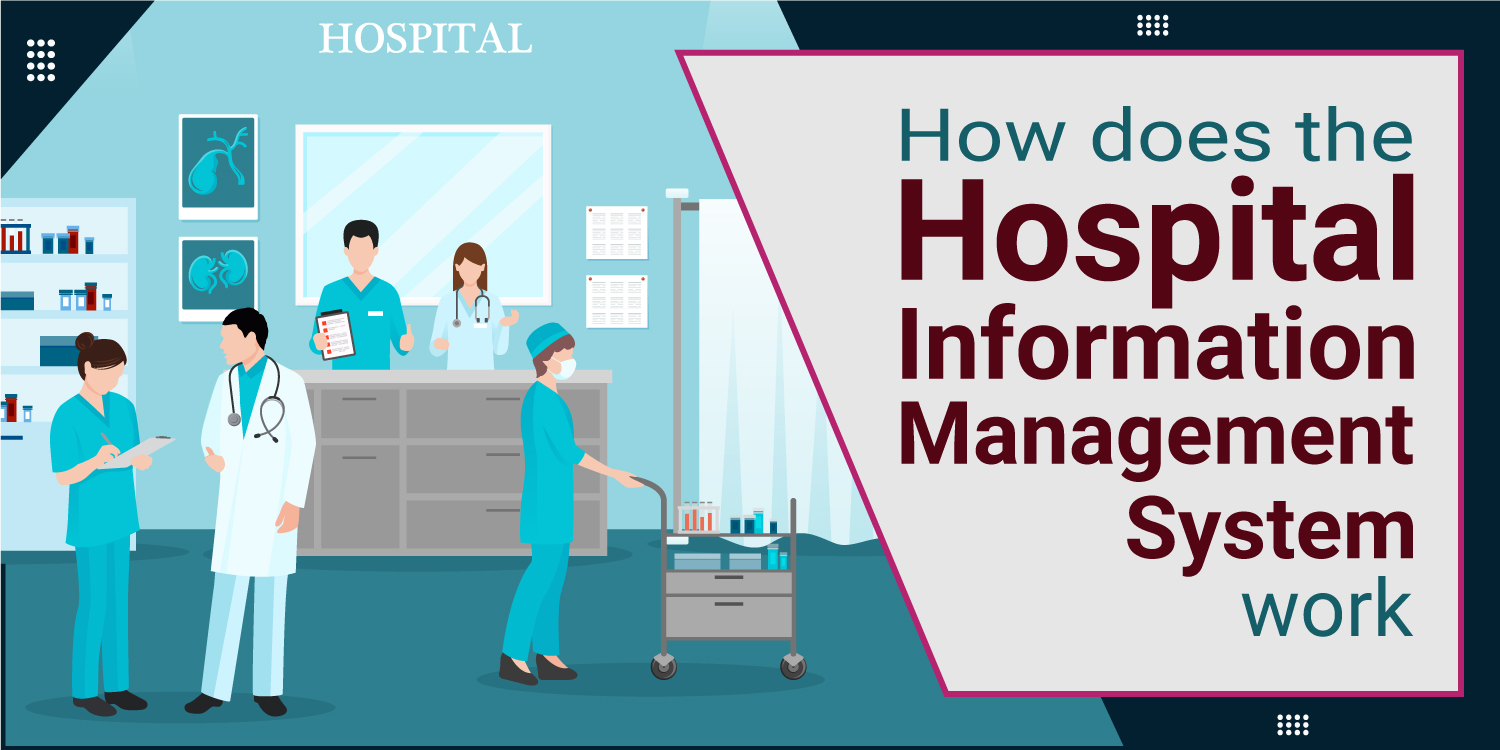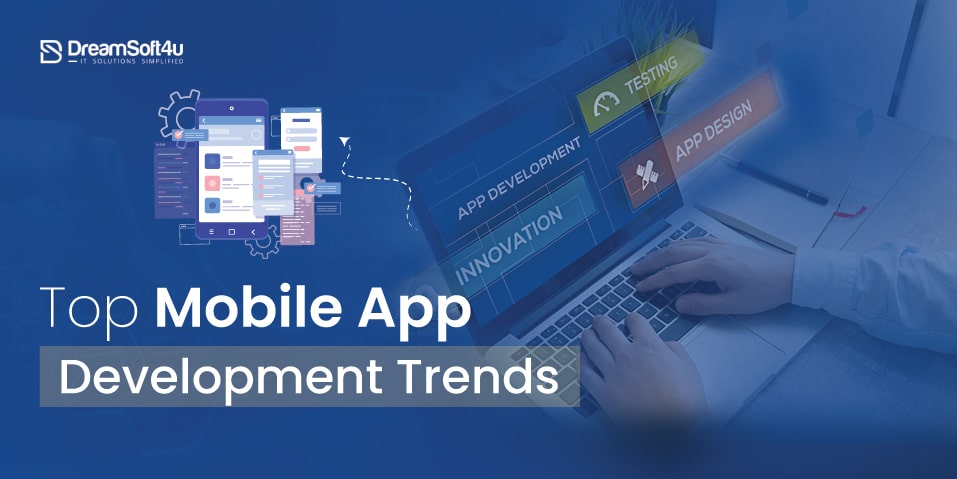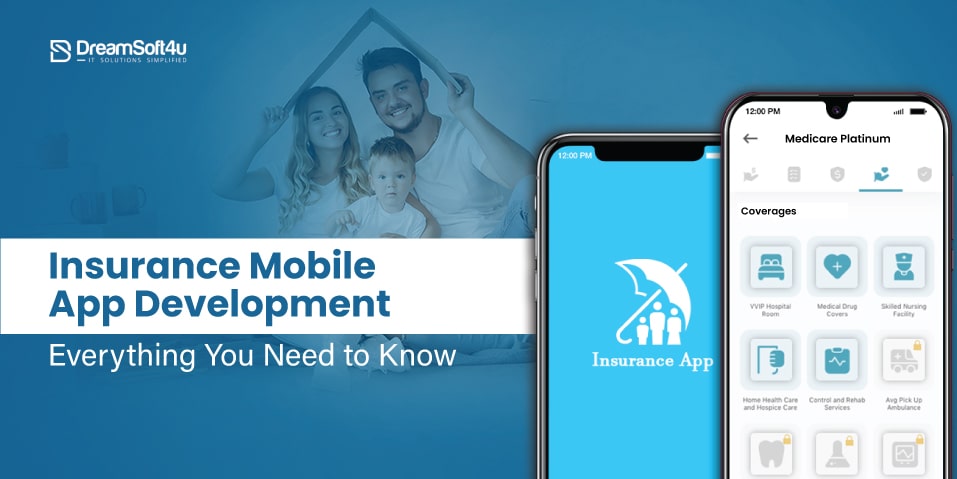Efficiency and streamlined procedures are essential in the ever-changing healthcare industry. With complicated patient requirements and a steady stream of data, hospitals need reliable technology to run efficiently. Let me introduce you to the Hospital Information Management System (HIMS), a software behemoth that serves as the center of operations for a contemporary medical facility. But how precisely does this complex system coordinate the myriad of tasks that occur in a hospital? This article explores the internal workings of a HIMS, revealing all of its parts and how they interact.
We’ll look at how the system helps with important duties, including managing patient records, making appointments, processing insurance claims, billing, and even controlling medical inventory. Additionally, it’s important to better understand the role of HIMS in improving patient care and streamlining hospital operations. Hospital Information Management System is essential to providing patients and staff with a more seamless and effective healthcare experience from the point of admission to the point of discharge.
Table of Contents
ToggleWhat is a Hospital Management Software?
Hospital management software is a powerful tool for efficiently running a medical facility. It handles tasks like patient data management, prescription records, and more. By using this software, medical staff can avoid common errors that are simply unacceptable while opting for healthcare software development services. Plus, with a tailored hospital management system, you can also improve revenue management, ensuring you maintain your efficiency while delivering top-notch care to patients.
Hospital management software is the cornerstone of efficient healthcare operations, streamlining a wide array of critical processes:
Streamlining Healthcare with Hospital Management Software
- Physician Scheduling: Ensuring doctors’ schedules are organized, and providing emergency contact details.
- Patient Records: Maintaining medical histories and personal information.
- Staff Management: Keeping up-to-date contact information and professional credentials for the healthcare team.
- Room Allocation: Ensuring efficient occupancy management and room availability.
- Laboratory Coordination: Facilitating test referrals and swift delivery of results.
- Inventory Control: Managing inventory for medications, instruments, and essential supplies.
- Billing Precision: Accurately calculating patient expenses.
- Insurance: patients’ details for insurance companies
- Data Analysis: Offering in-depth data analysis and compiling comprehensive reports.
- Telemedicine Services: Providing remote medical monitoring and expert consultations.
This software plays a pivotal role in optimizing mhealth app development services, enhancing patient care, and ensuring the efficient management of hospital resources.
DreamSoft4u Since 2003
Get your free quote by the top professionals.
What are the Benefits of a Hospital Management System?
- Automation is one of the key advantages here. It allows the user experience to be optimized.
- Clinical, patient, and hospital experts can connect online, make appointments, and share information.
- The hospital management system is user-friendly and eliminates handwriting errors.
- The latest technology trends provide the perfect performance for retrieving information from host or cloud servers.
- A good quality management system ensures swift, accurate, and efficient operational and clinical decision-making. The availability of data points, doctors, and medical support staff is facilitated with a simple, single-view view.
- Improves the overall patient experience with a perfectly a healthcare software development services.
- Reduces operational costs because of less paperwork, better health, and decreased test duplication.
- It improves the communication and interaction of doctors with their patients. It helps in the development of comprehensive healthcare policies as a decision support system for hospital authorities.
- It efficiently produces funding, patient care, and even the delivery of medical assistance. This gives a vivid image of the potential growth of hospitals.
- Improves the accuracy of information by reducing transcription errors and duplicating data entries.
- Integrated Inventory Management keeps track of all hospital stocks, ranging from medicines to linens, and helps you maintain the optimum stock level at all times. It also minimizes the stock lost owing to theft and misplacement.
How HIMS Works
Healthcare Information Management, or Hospital Information Management System, is a combination of various technologies that join forces to simplify hospital operations and enhance service quality.
Here’s how an HIMS works for different users:
Patients
- Easy Access to Records: HIMS allows you to access your medical records online, making it simple to view your health history and test results.
- Appointment Scheduling: You can schedule appointments and receive reminders through the system, ensuring you never miss a check-up.
- Medication Reminders: Hospital Information Management System sends you medication reminders, helping you take your medicines on time.
For Doctors
- Efficient Records: Doctors can quickly access patient records, making diagnosis and treatment more efficient.
- Electronic Prescriptions: HIMS enables doctors to send electronic prescriptions directly to pharmacies for faster medication delivery.
- Medical Imaging: It provides easy access to medical images like X-rays and scans, aiding in accurate diagnoses.
For Healthcare Facilities
- Streamlined Operations: HIMS simplifies administrative tasks, from appointment scheduling to billing, reducing paperwork.
- Inventory Management: Healthcare facilities can manage medication and equipment inventory more efficiently.
- Data Security: HIMS ensures the security and privacy of patient data, maintaining compliance with healthcare regulations.
TechStack Behind an HIMS
- Database Management System
- Cloud Computing Services
- Web Development Framework
- Electronic Health Record (EHR) Software
- Security Protocols
- Medical Imaging Software
- Mobile Application Development
- Analytics and Reporting Tools
- User Authentication and Authorization
- Communication and Messaging Services
These tools and features are at the core of making telemedicine app development services operations smoother, improving patient care, and elevating overall service quality.
Hospital Management System- Must Have Features
Let’s dive into the helpful features of a Hospital Management System (HMS):
Patient Dashboard: Easily manage patient information.
Provider Dashboard: Access patient data and collaborate online.
Lab Results: Quickly receive and review test results.
E-Pharmacy Integration: Conveniently order medications.
Financial Management: Efficiently allocate funds across departments.
Electronic Medical Records: Access comprehensive patient records.
Appointment Scheduling: Arrange patient visits seamlessly.
Billing and Invoicing: Streamline financial transactions.
Inventory Management: Keep track of medical supplies.
Security Protocols: Ensure data protection and privacy.
These features work together to streamline hospital operations, improve patient care, and enhance overall efficiency. It’s like having a dependable assistant for the hospital.
Looking to create a Hospital Information Management System (HIMS)?
DreamSoft4u is your trusted healthcare technology partner.
Conclusion
Digitalization is essential in the modern world. Healthcare is at the forefront of technological changes. One example is developing hospital information systems projects.
HMS allows you to collect all data about hospitals, making most hospital processes paperless. There are many hospital management systems available, and you can mix them all in your HMS.
The development of hospital management systems features plays a critical role. To satisfy the needs of every user, you should choose carefully which features to include. Privacy is another issue. To protect user data, you should focus your efforts on creating secure services within your HMS. Also, I recommend paying attention and being as neutral and tolerant as possible.
We are happy to help you with any questions or to assist in developing a hospital management program. We are happy to assist!
FAQs
Q1. How does a hospital information system work?
A Hospital Information System integrates multiple operations, functioning as a digital hub. Medical inventory, appointments, billing, and patient data are all handled by different system modules. The smooth communication between these modules enables data to move and updates to be mirrored throughout the system. Authorized professionals can access information efficiently throughout the hospital thanks to this consolidated portal.
Q2. Are your solutions HIPAA compliant?
Compliance needs can vary region-wise. However, depending on your location we can offer solutions that meet HIPAA, GDPR, NABIDH, ABDM, or any other compliance standards.
Q3. How much time does it take to build a HIMS?
The project timeline can vary depending on specific needs, business requirements, and integration complexities. Here’s a breakdown of potential timelines:
- 1-3 Months: Basic HIMS with core functionalities for a small hospital.
- 3-6 Months: HIMS with a good range of features for a medium-sized hospital.
- 6-9 Months: Highly customized HIMS with advanced features for a large hospital.
Q4. Can you integrate AI Chatbots and ML features too?
Yes, we can integrate Gen-AI tools and features. Plus, we can also help you generate quality insights from your HMS data. You can these insights to improve your processes, optimize existing workflows, and even grow your patient base.
Q5. Can you share a rough cost estimate for building my HMIS?
Yes, we do share project time and cost estimates. We suggest you schedule a meeting with one of our experts. Once our team has all the details, including your HIMS requirements and goals, we can share a detailed cost estimate.
Q6. Do you have an on-demand HIMS solution?
Yes, we have a ready-to-use HMIS. It is fully white label too. You can rebrand it with your own logo and design templates. Plus, it comes with tons of features to help you grow your business. You can explore it in detail here Hospital Information System (DreamSoft4u HIS).
Q7. How do hospitals use their management information systems?
Hospitals use their HIMS for a variety of purposes. The technology simplifies processes in a number of areas, including patient data management, billing processes, medication tracking, and appointment scheduling. Moreover it provides instant access to a patient’s complete medical history helps doctors plan treatments and make better diagnoses. The Hospital Information Management System also makes it easier for departments to communicate with one another, which promotes improved teamwork and overall patient care coordination.
Q8. What is the aim of HMIS in hospitals?
HMIS is used by hospitals to improve the delivery of healthcare. By consolidating patient information, scheduling, invoicing, and resource management into a single system, it optimizes workflow and boosts data precision for more informed decision-making.
Q9. How are management information systems (MIS) used?
MIS systems gather, store, process, and disseminate vital data to enable well-informed decision-making across industries. To optimize operations, a business may analyze sales statistics, inventory levels, or consumer trends.
Q10. What are the HMIS components?
An HMIS is made up of various modules working together. These include:
- Patient Management System (PMS): Maintains records of treatment plans, medical histories, and demographics of patients.
- Appointment Scheduling: Coordinates staff and patient appointment scheduling and reminders.
- Insurance and Billing: Manages insurance verification, claims processing, and medical billing.
For data-driven insights, additional modules could be Reporting & Analytics, Lab Information Systems, Pharmacy Management, and Radiology Systems.


















